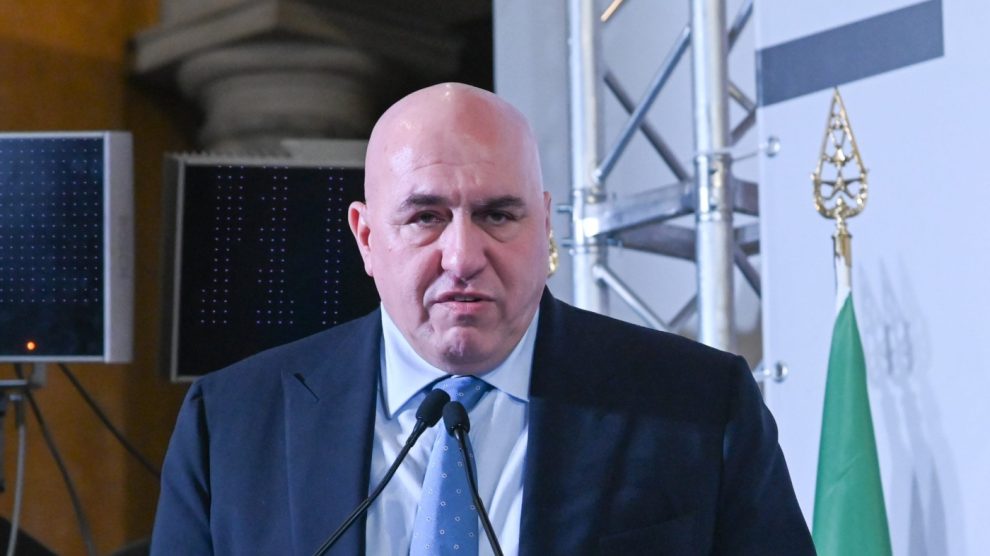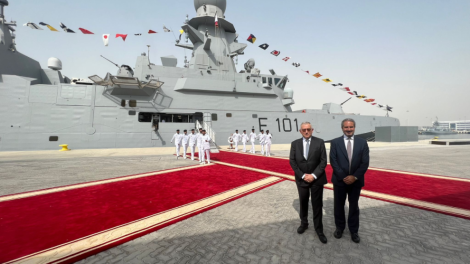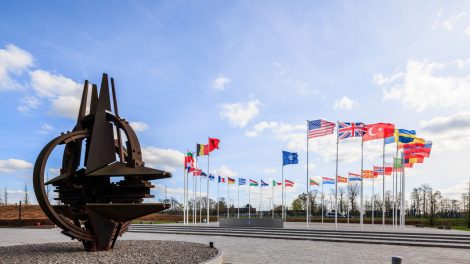The Crosetto-Vučević call. On Wednesday, Italian Defence Minister Guido Crosetto had a “long and intense telephone conversation” with his Serbian counterpart Miloš Vučević, following a flare-up in violence on Monday where several NATO KFOR peacekeepers and ethnic Serbs got injured.
- “Italy has been engaged for years in this strategic region for the whole of Europe and will continue to do its part to favour an easing of tensions in Kosovo,” said Mr Crosetto, according to an official note.
- The international community, he stressed, “is calling for the parties to work towards a rapid return to normality and to give diplomacy and dialogue a prominent role once again.”
- On his part, Mr Vučević “shared the need to reach a sustainable solution as soon as possible and expressed his sympathy” for the injured KFOR personnel.
Ongoing engagement. Italy, along with the other Quint partners – France, Germany, the United Kingdom and the United States – swiftly engaged in talks with both Serbian and Kosovar authorities after the violence erupted. On Tuesday, Quint ambassadors met in Pristina with Kosovar Prime Minister Albin Kurti to stress the need for de-escalation and denounce the ethnic Serbians’ aggression against KFOR troops and journalists.
- They are due in Belgrade to meet the Serbian President, Alexander Vucic, who recently resigned as head of his party amid widespread protests and put the national army, namely the contingents stationed near the border with Kosovo, on the highest level of combat alert.
- Meanwhile, NATO decided to send an additional 700 troops to bolster KFOR forces in northern Kosovo.
Diplomacy, then integration. Minister Crosetto had already issued a call to overcome the disagreements and bring the parties back to peaceful dialogue, emphasising the importance of “working to restore calm and return to the path of dialogue and diplomacy.” Rome has been working to stabilise the relationship between Belgrade and Pristina and push the Western Balkans nations towards European integration.
- The process is accelerating as it’s become all the more urgent in the context of Russia’s war in Ukraine, as Moscow’s support of President Vucic risks exacerbating tensions – and some ethnic Serbian protesters spray-painted the “Z” symbol (used by Russia to support its invasion of Ukraine) on NATO vehicles and walls.





